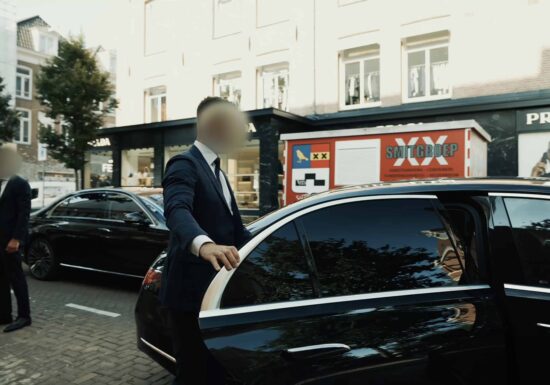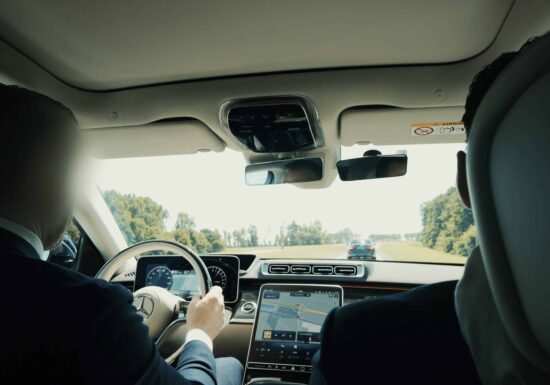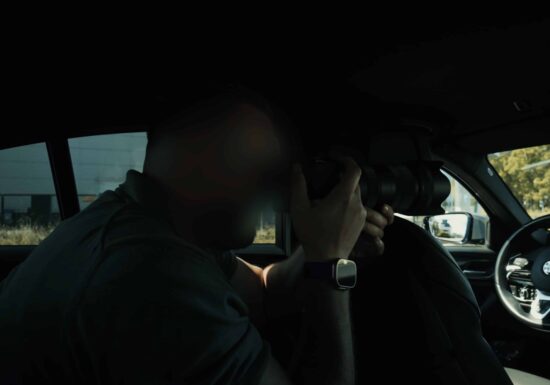South America safety; can I go everywhere without bodyguards or executive protection in South America?
What is the status of the South American safety? What areas are safe to visit and where should you take precautionary measures? Which specific provisions keep you safe in various situations? Discover the answers to these questions in this article about executive protection in South America.
The vast South American continent possesses beautiful nature, the most exciting cities and the most friendly citizens. From rainforests to nightlife in the city and from historical sites to cultural festivals. You can imagine that all the countries in Central and South America differ in culture, politics and economy. In many of the countries, the rural areas are scarcely populated, while cities are crowded, exhibiting a gaping contrast between wealth and poverty.
This makes it impossible to pinpoint how to stay safe in a specific situation. The guidelines differ not only for each region but also for your intended goal. Business travelers require a dissimilar approach than leisure travelers.
Based on the information below and the tips and advice for various locations and situations, you can decide what is relevant to you. If you feel this information is of interest to friends and family, please feel free to share this article with them.
Areas considered safe for traveling in South America
In general, most counties in Central and South America are safe to visit. Tourism has risen in the past few years, which brings prosperity to the people. Even countries as Colombia and Bolivia are now more safe than before (viz. the paragraph below for travel advice). Other destinations growing in popularity include Chile, Costa Rica, Uruguay, Panama and Peru.
Professional tour operators can provide you with updated information. However, keep in mind that you have to be alert at all times. Just as you would when visiting a city in your own country. A few tips to keep you on-guard:
- Leave your valuables at home. Don’t flash with the valuables that you need to bring along (smartphone, camera, etc.). Take them out for their intended purpose and put it away as soon as you have finished using them. Alternatively, leave the necessary valuables you don’t need 24/7 (laptop and other equipment, for instance) in your hotel safe.
- Do not go out alone at night. Take a taxi or book a guided tour. Ask your hotel to make a reservation at a restaurant.
- The context of trust is different from country to country. Scams, corruption and fraudulent deals occur daily, unfortunately. Make sure to book your excursions, travels and events with bonafide organizations. Ask your hotel, travel agent or business partner to assist you.
- When in need of first aid or if you require to visit a doctor, always try to visit a private hospital. In many countries, health care is diverse, and the quality depends on whether people are insured or not. Make sure to check what level of health care is covered by your travel insurance before you travel.
- When traveling in a group, divide the valuables, cash and credit card amongst yourselves. In the unlikely event that you are robbed, give your cash (and preferably only cash) and valuables voluntarily to prevent the situation from escalating. Be extra alert in crowded areas such as market places, train stations and parks.
Countries that require bodyguard services, secure transportation or executive protection in South America and Central America
Based on various sources, the countries to pay extra attention when traveling on your own are (amongst others) Chile, Bolivia, Brazil, Paraguay, Argentina, and El Salvador. The traveler’s tips above apply to these countries as well, and to the cities in particular. Remember that the advice to take precautions covers many aspects, including serious gang crimes related to drugs. However, it is unlikely that this will cross your travel or business goals. Be sure to watch out for common theft and petty crimes.
Countries with restricted or negative travel advice include Nicaragua, Colombia, Venezuela, Mexico and Honduras. The reasons are political unrest and economic instability. All of these countries have a region or several regions where it is either advised against travel or only when absolutely necessary. This doesn’t mean you cannot travel to these countries at all.
For each country and region, you can obtain accurate travel advice from many government websites. Examples are the UK and the US government travel advisory websites.
If you have business opportunities, want to cover a news item as a media team, provide help as an NGO or strengthen relations as a diplomat, traveling fulfills a certain purpose. You may need to travel to regions with negative advice and require personal protection. This can be either in the form of a bodyguard or by having access to remote medics or secure transportation.
Pre-travel advice
So, yes; most of the countries and areas in Central and South America can be visited without executive protection or a security driver. Preparing your trip begins with ensuring you have the most accurate and relevant information. Remember, this is different for a tourist than a business traveler.
If you require up-to-date information on safety issues or advice on security measures, equipment and procedures, please feel free to contact Infinite Risks International to help you setup your company’s Travel Risk Management Program.

















